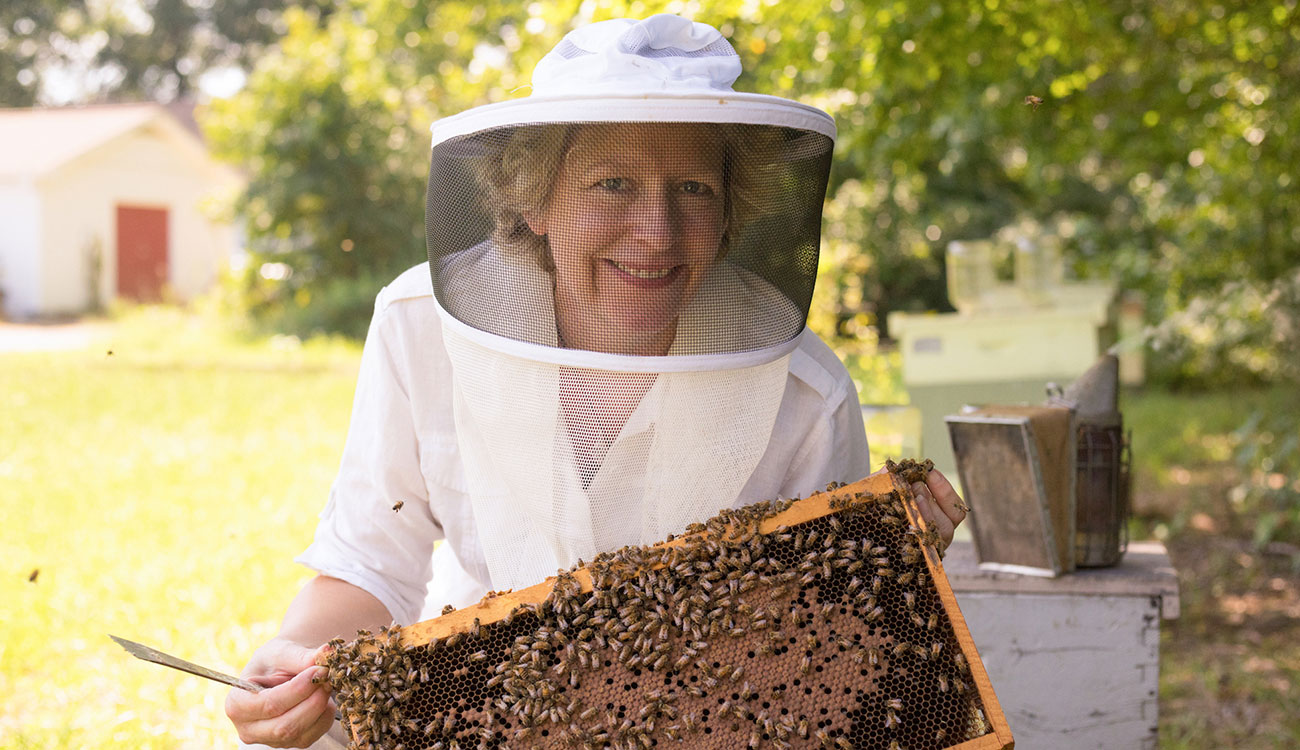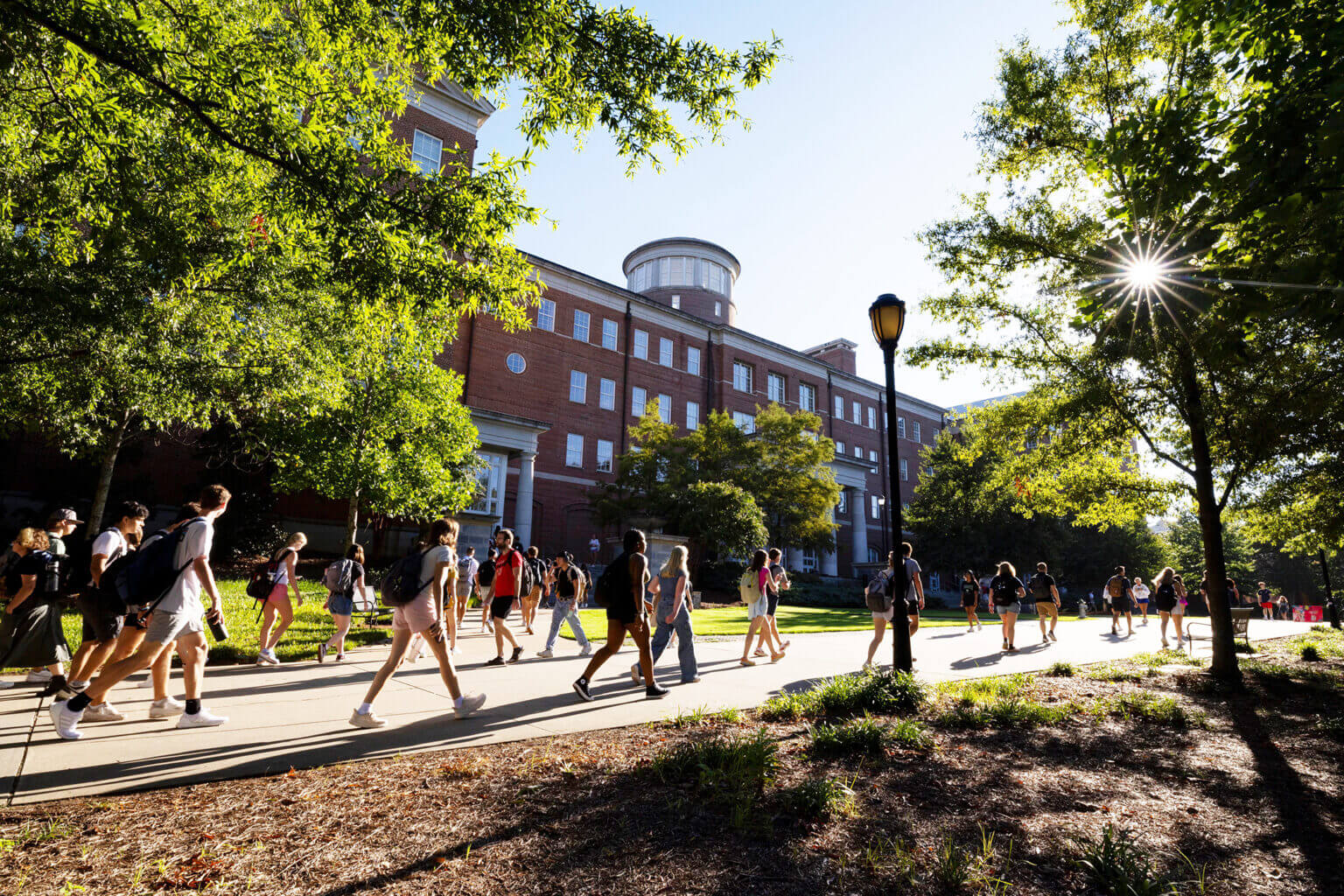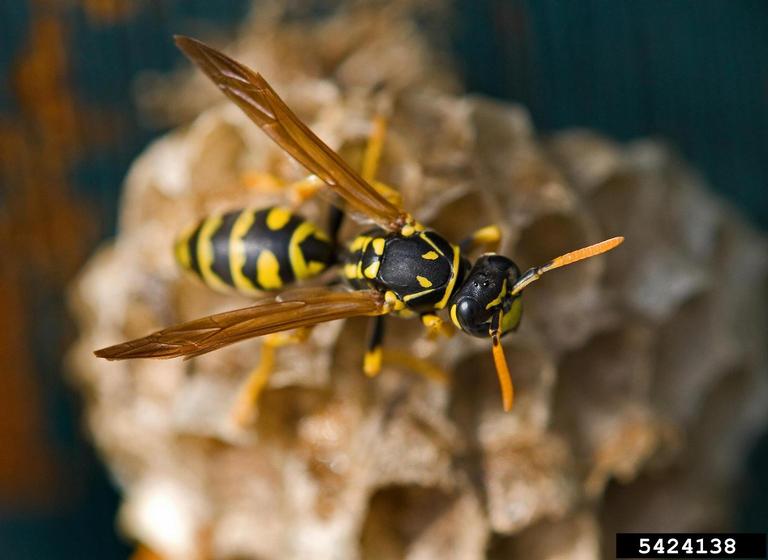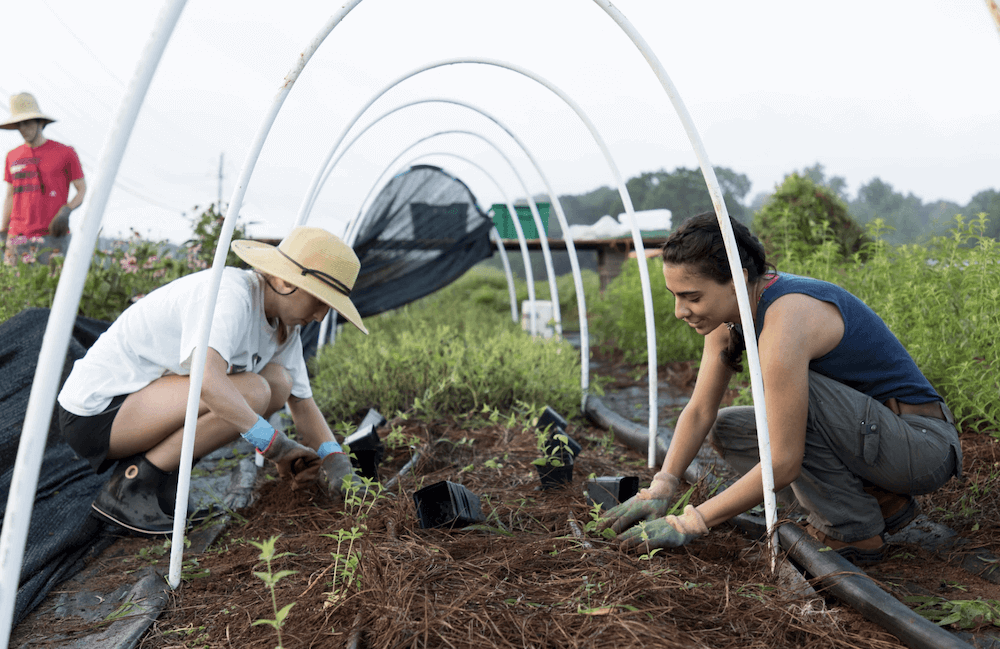 CAES News
CAES News
Instant Golden Milk
Nestled among cappuccinos and traditional espresso lattes, a unique, golden-hued beverage has grown increasingly popular on cafe menus over the past several years. Advertised as a caffeine-free, healthy coffee alternative, “golden” turmeric milk is a take on haldi doodh — a traditional Indian beverage often used as an at-home cold remedy. Now researchers at the University of Georgia College of Agricultural and Environmental Sciences have developed a new method to make a plant-based, instant version of the beverage.


.jpg)





